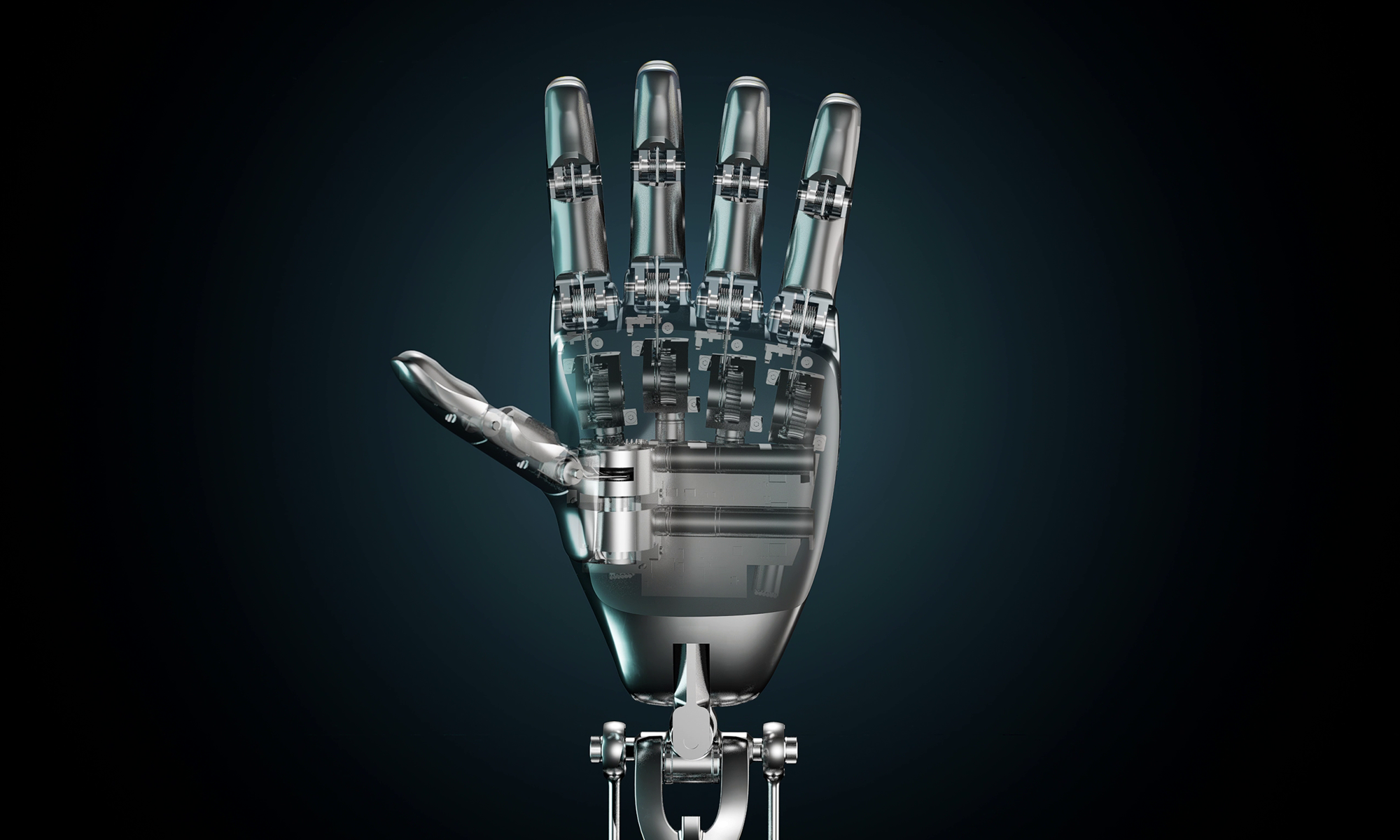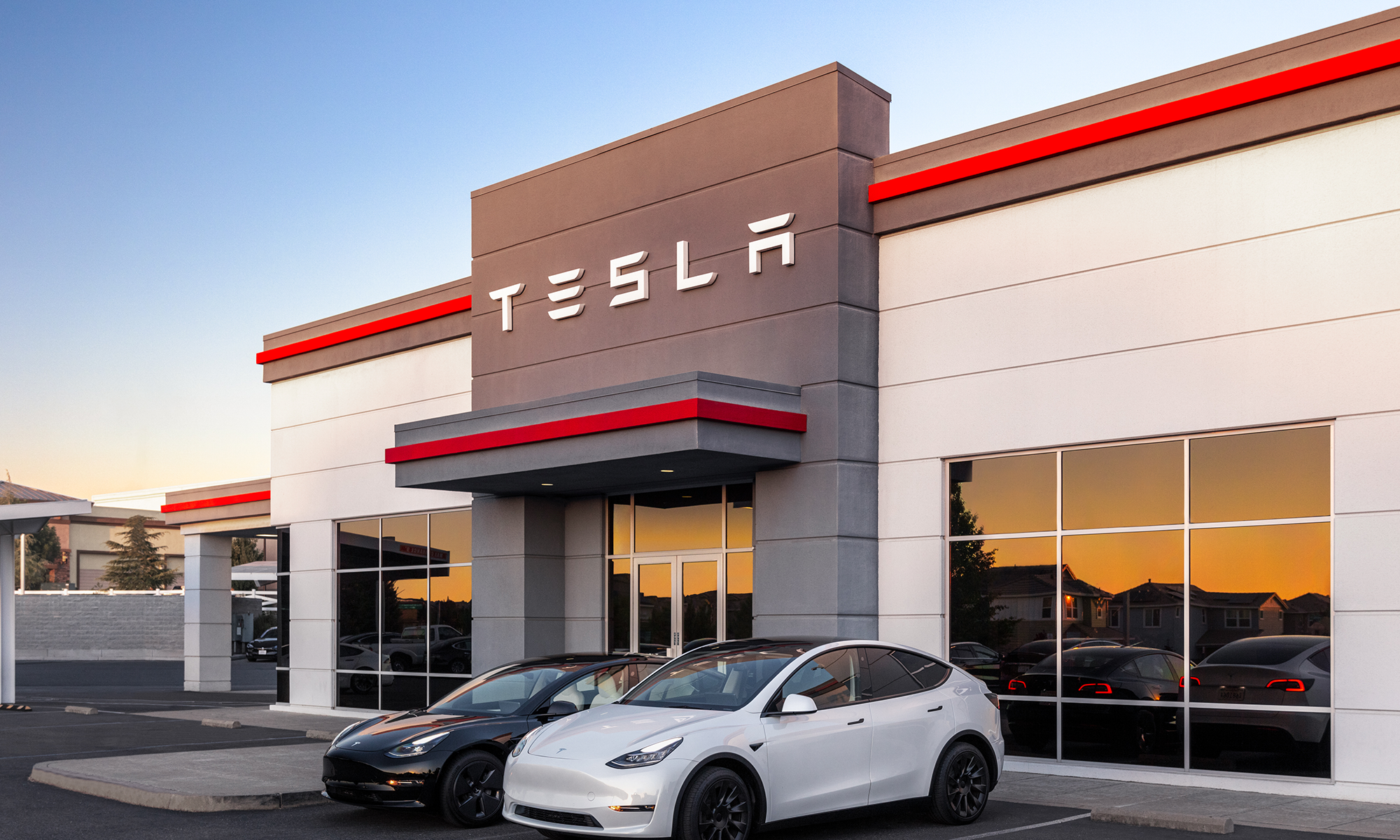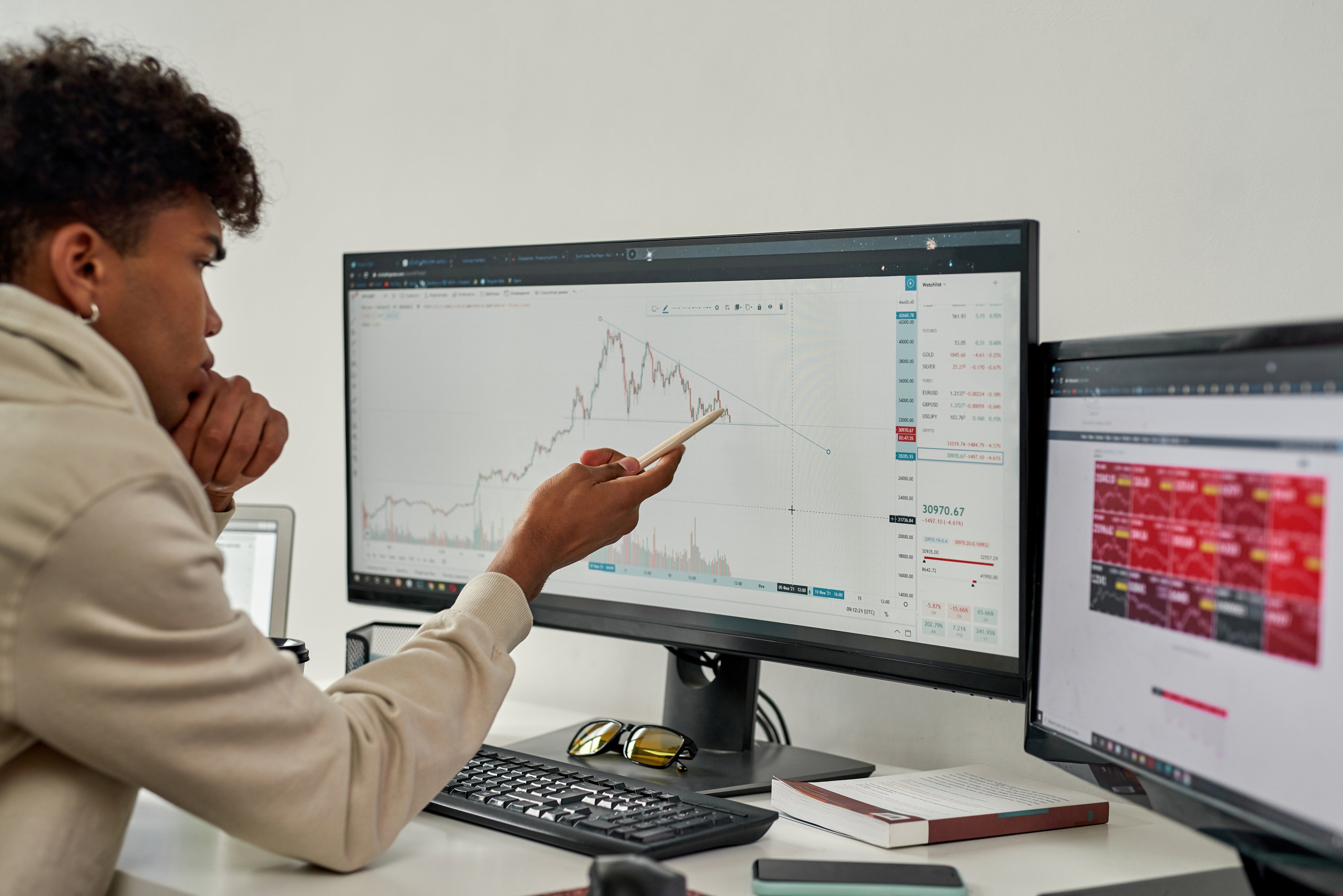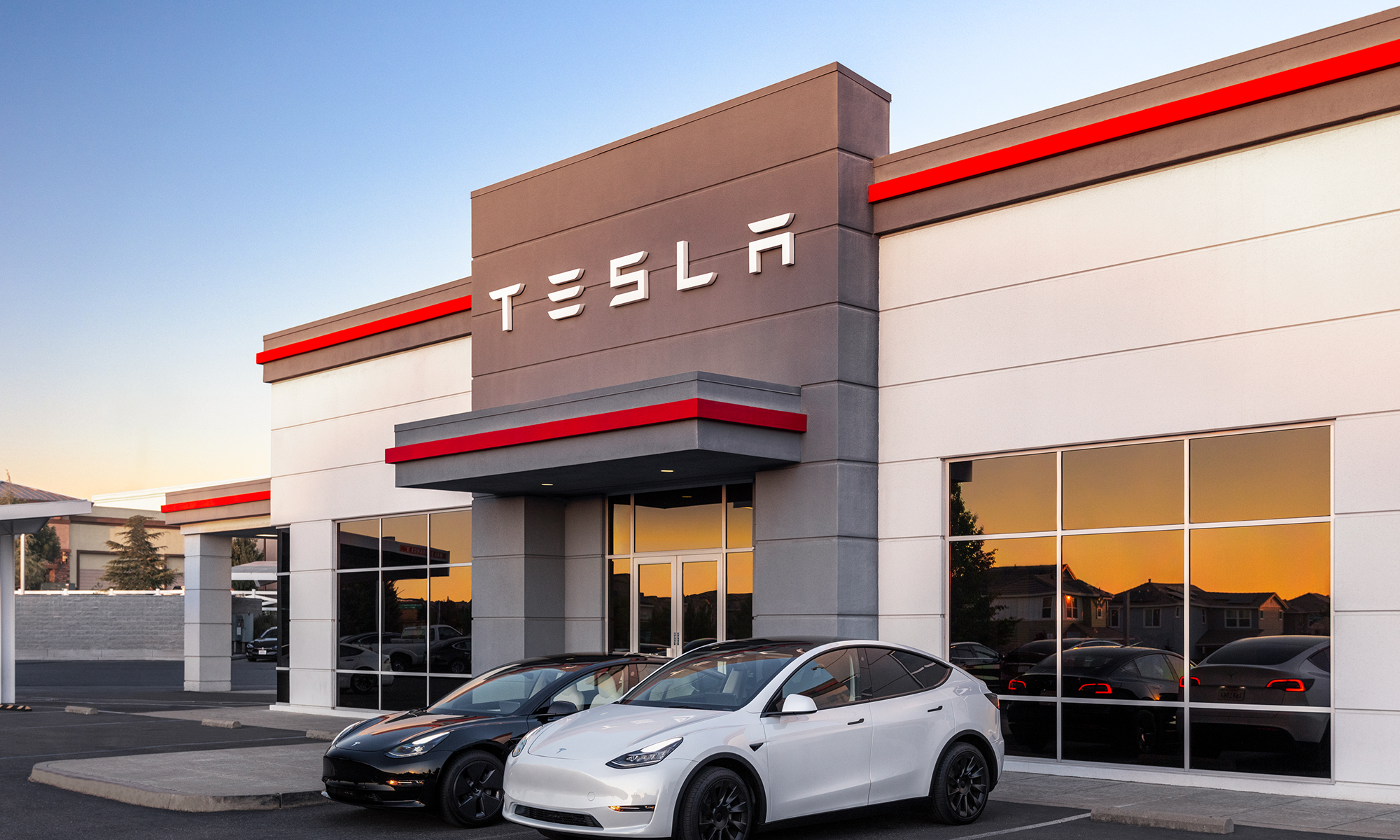Elon Musk is viewed as one of the tech world's greatest minds, with a resume that includes co-founding PayPal and launching electric car revolutionizer Tesla Motors (TSLA 0.28%), solar-energy major SolarCity (SCTY +0.00%), and, of course, his almost-science-fiction caliber project, SpaceX. So we all know he's fairly smart, but he's not entirely infallible and he has been known to have an ego -- a thing not uncommon with geniuses.
But in this segment from the MarketFoolery podcast, Chris Hill, Aaron Bush, and Simon Erickson ask what the billionaire tech innovator is thinking with his newly announced plan to have one of his enterprises Tesla, buy another, SolarCity, for $2.8 billion. They explore the price tag, the synergies, the risks, the insider aspects, and more.
This podcast was recorded on June 22, 2016.
Chris Hill: Topic A is the fact that the News Fairy showed up with Tesla Motors offering to buy Solar City for the tidy sum of $2.8 billion in stock. There are a bunch of threads I want to pull here, but Simon, what did you think when you first saw the news?
Simon Erickson: I was not happy when I heard the News Fairy's news. She did not leave a good present, I do not believe, with this deal. The reason being, from a SolarCity perspective, which we do have as a recommendation in several of our services, I just think that it's really lowball offer. I think this is really undervaluing the significant potential that SolarCity has for equity holders over the longer term.
So yes, it is an all-stock deal. You do get to maintain the upside of shares of Tesla going forward, but I think the offer price, personally, is a little too low.
Hill: Now is the point Aaron, where I mention that, since Simon used the word "lowball" to describe the offer, that Elon Musk is the CEO of Tesla Motors, he is the chairman of SolarCity. He owns roughly a fifth of both companies.
Aaron Bush: His cousin is the CEO of SolarCity as well, so you've got a little bit of that going on, too.
Hill: A little bit.
Bush: Yeah, a little bit.
Hill: Elon Musk has, I would argue, a very good reputation. I think that is helping him right now, because if he didn't have a very good reputation, this would just look like, I don't want to say it would look dirty, but it would just smack of ...
Bush: Nepotism.
Hill: Yeah, and lining one's own pockets. From a Tesla standpoint, I should mention that the stocks are going -- I mean, Solar City stock is up on this news. Tesla Motors shares were down about 10% overnight. This morning they bounced back a little bit, but still down about 7%-8%.
Aaron, when I just look at the media coverage, there aren't a lot of people who are giving thumbs up to this deal.
Bush: Yeah. My perspective on this is that it really is mixed. There are pros and cons to this deal. Starting with what I like, I think that bringing SolarCity in-house gives Tesla a pretty obvious benefit for their whole upcoming Tesla energy business. On one hand, I think this deal makes good sense from a product ecosystem perspective. Tesla owners will get a cost-effective, environmentally friendly, and probably a cool brand-friendly way to charge their cars.
The future of Tesla Energy, so to speak, is probably bound to be more intriguing because of this deal. I think that's probably going to be a big business.
The other thing I like about this, it's more grounded in the numbers. If you listen to Tesla's past earnings call, where Elon Musk was talking about the importance of being the manufacturer in the world, and the importance of vertical integration and all of that, it becomes clear that SolarCity fits directly into that.
With SolarCity, Tesla will be able to provide both greater scale and manufacturing expertise for SolarCity, which I think is probably deeply needed. It would just be massively helpful for their costs. It will accelerate adoption of their total addressable market. That is the good side I see for Tesla.
Hill: Can I take a guess at what's on the list for the downside?
Bush: Oh, go for it.
Hill: I'm going to guess, somewhere on the list is the distraction element, because Tesla Motors is on the hook for delivering a whole lot of vehicles in the next couple of years. Now, if this deal goes through, and there's no reason to think it won't, but we can get to that in a second, Simon. If this deal goes through, then all of a sudden, there's a whole other chunk of the business that is distracting Elon Musk and his team from delivering all of those vehicles.
Bush: Yeah, I'm not sure how much mind-share or time it'll take away from Elon and the current Tesla executives for this. It certainly will take some away, but I think probably the biggest distraction is more financial.
SolarCity carries a lot of funding needs, and there's been a whole web of how that's been funded, Tesla being part of that. Even Space X was a part of that, too, and other players. I view this just as much as a potential burden on Tesla's financials. They already have a pretty significant sum of debt, but this could distract them financially, when they already are needing to raise money left and right. I think that's a challenge.
SolarCity has changed their strategy a few times over the past couple of years. Probably twice or so. Going into the Tesla fold will probably cause them to change their strategy again, which brings more uncertainty, and I don't really know how that'll play forward. It is a mixed bag.
Simon: I'll jump in on the capital requirements for both of these businesses. You've go Tesla trying to build out the gigafactory right now, and scale up for the model 3. Huge capital allocation requirement. You've got Tesla building a plant for the in-house manufacture of their own solar panels, huge capital requirement. Tesla's diluting it's shares to make this acquisition, which is another hotly contested topic for investors too.
I just don't think now is the right time for Solar City to be acquired. At least for shareholders. We're at the apex of fear right now. We're seen a lot of political headlines, we know what happened in Nevada, where they had a retro active decision, which was very anti-solar, or not solar friendly. I think that all of that is baked into an undervalued share price for Solar City right now. I just don't think now is the time to go out and put yourself up for sale to be acquired by Tesla, who need the money for their own projects anyway.
Aaron: You mentioned how there's a Musk factor and people respect him so much, therefore he can get away with things like that. The other key elements of all of this is just the reflectivity, between all of the news game, all these deals that he's making, this would not be possible because he's using shares.
Shares are at a pretty lofty price, compared to what the business is doing.
Chris: For Tesla.
Aaron: For Tesla, and so he's basically keeping the hype going, keeping the news going, to keep the shares up so he can continue to raise money this way. Make deals this way, so there's an added risk in that as well.
Chris: Simon, when I hear, and it doesn't even have to be in this field, but in the past, when I have heard of acquisition deals and offers referred to as low ball, there's a pretty good chance that shareholder lawsuits follow. Do you think that we're going to be seeing that with Solar City shareholders?
Erickson: I would almost guarantee you'll see those, the lawsuits popping up in the next couple of weeks or so. Tesla's in due diligence right now -- we're going to have an upcoming vote on this -- but you have to consider purchase price and Elon Musk's affiliation with both parties when you consider those.
Bush: One thing I would briefly add to that is both Elon Musk and the Rive Brothers of Solar City have agreed to not vote their shares for this, so there probably will be lawsuits, because there always are lawsuits, but it's actually more shareholder friendly, with them stepping out and allowing the more third-party shareholders to be voting instead.
Erickson: Very true. Chris, if I could take a moment to explain why I keep calling this a lowball offer -- the majority of the value of SolarCity right now is already baked into existing contracts they already have. Residents and businesses signed 20-year contracts to provide power to them at low rates, which SolarCity inked, and it's a contractual obligation. It's existing business already.
If you look at the present value of all of those existing contracts, it's about $20 per share today. Really, the high end of Tesla's offer, which, at today's price, or at least yesterday's Tesla price, was about $28.50. Tesla is saying that all of the growth of this business is worth only about $8.50 per common share of Solar City today. When you look at, historically, how much value they're adding to shareholders every year, I think that that is not capturing the long-term potential of this multitrillion-dollar electric energy industry in the United States.
Hill: Last question, then we'll move on. Is there a price that you would feel good about as a SolarCity shareholder, or do you just look at this and say, "No, I want them to keep giving this a shot", and try and go it alone?
Erickson: There's a definite range. I have to re-crunch the numbers because of the Nevada decision. It actually is effecting the business of SolarCity recently. I don't think that that effects everything two years out, but in the last six months or so, we have seen fewer bookings, which is affecting the operations of Solar City, which is how we model a company like this.
I will say that this is historically at very low multiples of what typically Solar City has sold in terms of the multiple value of their current business and the value of the growth of their business.







